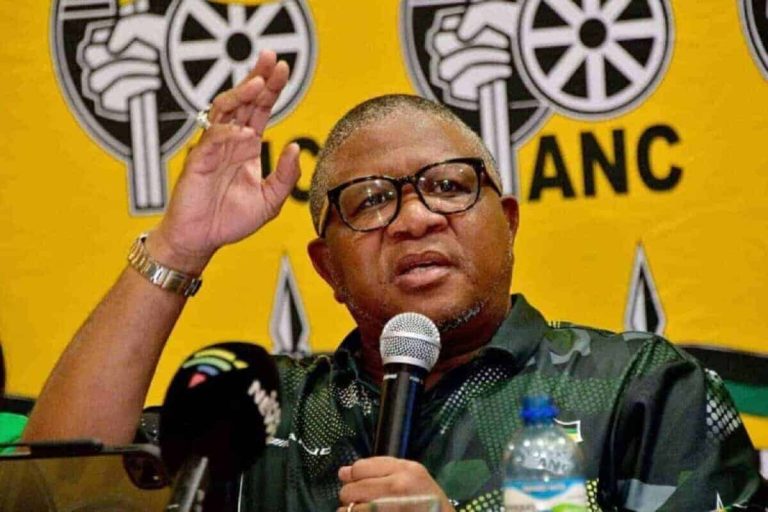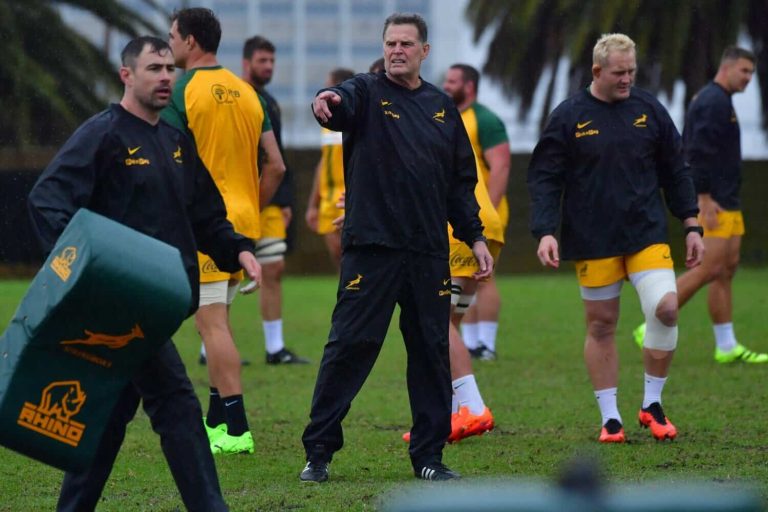
Panel gets two-week deadline to benchmark state charges against Lagos, Abuja and South-East standards
Enugu State Governor, Peter Mbah, has inaugurated a nine-member committee to undertake a comprehensive review of taxes, levies and fees under the state’s control, following rising public complaints about multiple taxation and unclear revenue processes.
The committee, which has been given two weeks to deliver its report, is expected to compare Enugu’s revenue framework with those of Lagos, Abuja and other South-East states, including charges such as Land Use Charge, C-of-O fees, market levies, stall rents, business premises registration, and signage fees.
Its mandate also includes recommending reforms that enhance compliance, fairness, transparency and overall revenue efficiency.
The newly inaugurated body is chaired by the Solicitor-General of Enugu State, Ikechukwu Ezenwukwa, with the Senior Special Assistant to the Governor on Revenue Mobilisation, Adenike Okebu, serving as secretary.
Members were drawn from labour unions, market associations, government agencies, the private sector and civil society.
Members of the Committee
- Ben Asogwa — Chairman, Trade Union Congress (TUC), Enugu State
- Chinwuba Igwesi — Chairman, State Market Association
- Ngozi Ezema — Head of Legal, Enugu State Internal Revenue Service
- Chinedu Mbah — Senior Special Assistant to the Governor on Markets
- Nnanyelugo Onyemelukwe — 1st Deputy President, ECCIMA
- Paul Okwo — ALGON representative and Deputy Council Chairman
- Crownwell Chibuzo — Civil Society Representative
‘Committee is a Response to Public Concerns’ — Mbah
Inaugurating the committee at Government House, Enugu, on Friday, Governor Mbah represented by the Secretary to the State Government, Chidiebere Onyia, said the initiative stemmed from widespread concerns about the structure and enforcement of state-level taxes.
He listed key terms of reference, which include:
- Reviewing all existing harmonisation and revenue laws in Enugu State
- Assessing how the laws are currently implemented and their impact
- Identifying all revenue heads controlled by the state (excluding federally managed taxes such as VAT and Stamp Duties)
- Uncovering duplication and cases of multiple taxation, including at the local government level
- Evaluating the impact of an expanded tax net
- Assessing transparency, fairness and efficiency of the present collection system
Mbah further directed the committee to conduct broad stakeholder consultations, engaging property owners, traders, local government revenue officers, council chairmen, civil society groups and business operators.
Governor Highlights Ongoing Revenue Reforms
Giving further insight into the administration’s broader revenue overhaul, the governor said his government moved quickly on assumption of office to dismantle what he described as a “fragmented silos model” of collection.
“One of the most decisive reforms we undertook was the complete stoppage of cash collection across all MDAs. This was not merely procedural—it was a philosophical shift toward transparency and traceability,” he said.
He noted that routing all state payments through digital platforms has significantly reduced leakages, enabled real-time monitoring and restored public trust.
Mbah added that the government introduced a Performance Appraisal Framework assigning each MDA clear revenue targets tied to their operational mandates.
“Revenue is not just a fiscal tool, it is a moral obligation. Every naira we collect must translate into better schools, safer roads, cleaner water and a brighter future,” the governor said.
Committee Vows to Deliver
Responding, committee chairman Ikechukwu Ezenwukwa said the move demonstrates Mbah’s reputation as a responsive leader who listens to public concerns.
He assured that the committee would work diligently to justify the confidence reposed in its members.



